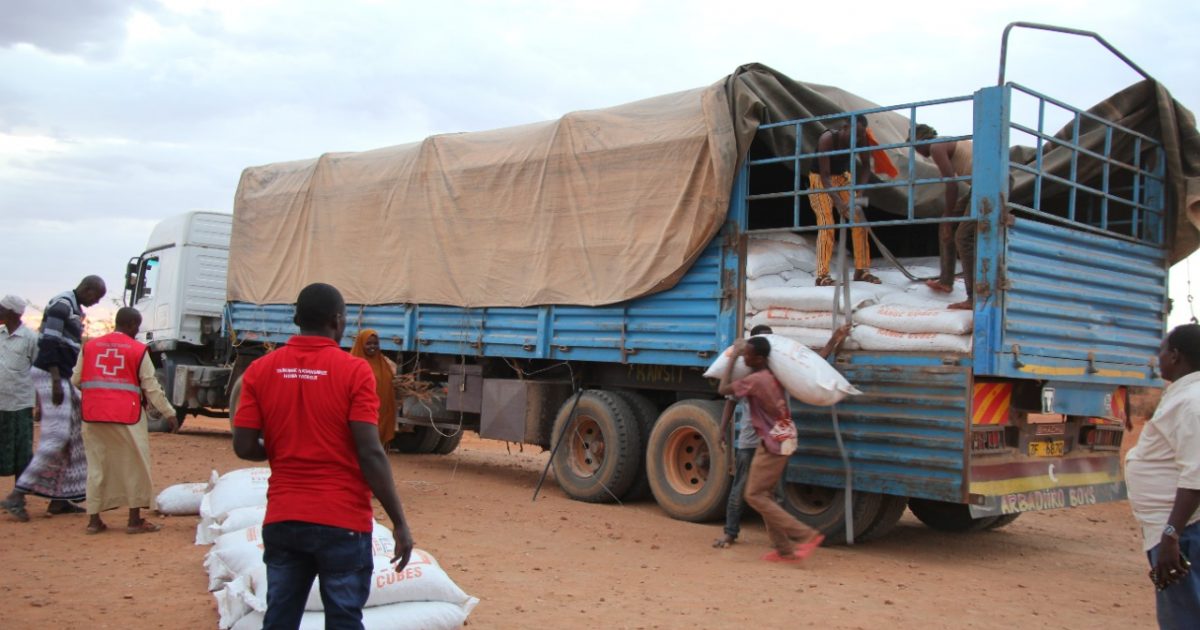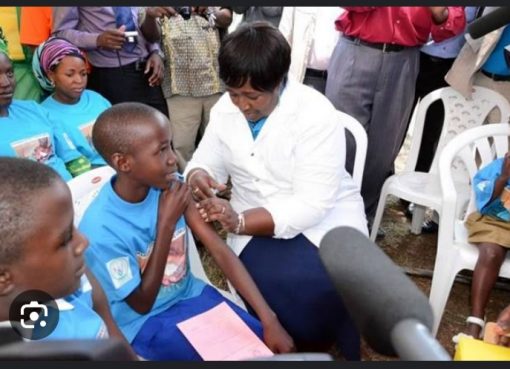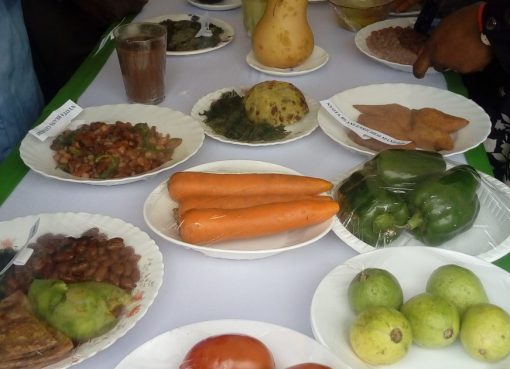Mandera County has recorded a high number of children suffering from severe malnutrition.
At least 28.8 per cent have conceded to global acute malnutrition (GAM) as those who succumbed to severe acute malnutrition stands at 5.1 per cent.
Mandera County Chief Executive Committee Member for health Dr Mohamud Adan Mohamed said that the numbers are worrying and it has extreme implications on livelihoods.
“This is a very huge number and it has severe implications for livelihoods,” he said.
A total number of 45 children are suffering from severe acute malnutrition across the health facilities in Mandera and the situation might become dire with time.
According to Dr Mohamud, the percentage of women who lack access to the required nutritional food is at 65 per cent.
One of the main causes of malnutrition in the Arid and semi-arid lands (ASALs) is socioeconomic status. Most of the households barely eat and drink and this leads to ill health and infections thus contributing to malnutrition.
“The percentage of women in Mandera county both pregnant and non-pregnant who are accessing the required nutritional foods per day stands at 13.5 per cent, that means close to 65 per cent of the population that is the pregnant and non-pregnant women are not accessing the required food stuffs,” he said.
Over 7000 children who have been ailing from malnutrition have been treated in the last nine months.
“From January 2022 to date, that is up to September 26th, we have treated around 7000 children of severe acute malnutrition and these are children with complications on top of the malnutrition because the immunity level is very low,” he said.
Population influx in the neighbouring countries of Somalia and Ethiopia have jeopardised the health situations of Mandera County. The famine and drought have forced most of the families to flee their countries in search for quality health care.
Mandera CEC called upon his neighbouring allies and international partners to join hands in mitigating the menace since it is an international problem.
“We are also having to treat babies and children from across the two neighbouring countries, that is to the North which is Ethiopia and to the East we have Somalia,” he noted.
“The populations of these two countries are also putting a lot of pressure because they are also experiencing the same famine on top of our own population now we are also dealing with international problems. So our appeal is to call upon all partners to be able to assist and supplement the efforts of the Mandera county government,” he said.
Recently, the county government in conjunction with outreach programmes that are funded by several partners stepped up efforts to formulate policies and measures that will go a long way in handling the management of malnutrition.
In a rejoinder, Kenya Red Cross in partnership with International Committee of Red Cross (ICRC) flagged off more than 7820 bags of livestock supplementary feeds to 1564 affected households.
The distribution is set to target hard-hit areas of Mandera East, Arabia and Mandera West. Each household will receive 5 bags of 50kg of livestock supplementary feeds.
While distributing the animal feeds, Kenya Red Cross Mandera County Coordinator said the support will go along with cash transfers and wash activities.
The cumulative livestock deaths in September across all the species stands at 365,283 Cattle, 160,721 Camels, 495,169 goats and 29,314 donkeys from January 2022 to date.
Mandera Deputy Governor Dr Ali Maalim thanked the donors for distributing the animal feeds and appealed to non-governmental organisations (NGOs) and other actors to step up efforts to curb this crisis.
The estimated number of livestock currently in urgent need of supplementary feeds, treatment and water across the county are: Cattle 452,724 (60 per cent of the total population), Camel 386,448(40 per cent of the total population), Goats 1,365,841 (40 per cent of the total population), Sheep 333,260 (40 per cent of the total population) and Donkeys 105,660 (60 per cent of the total population).
By Jabir Mohamed and Adan Mohamed





